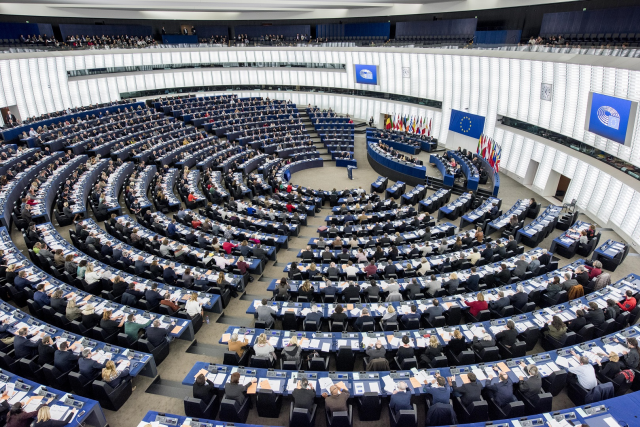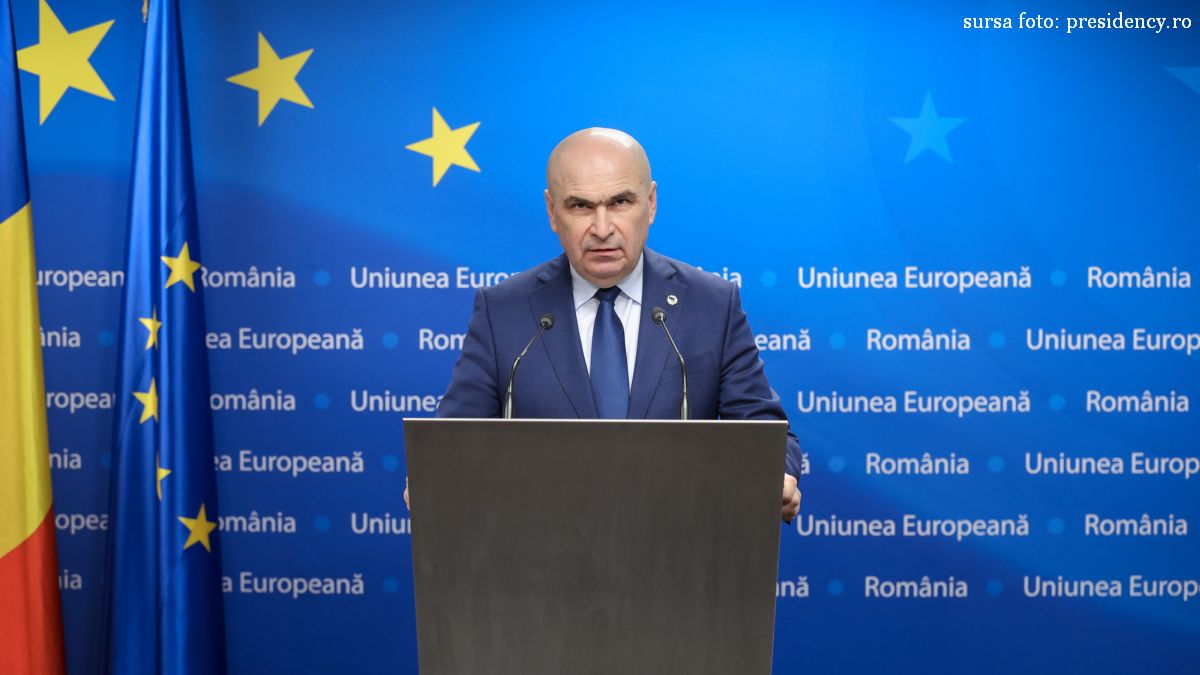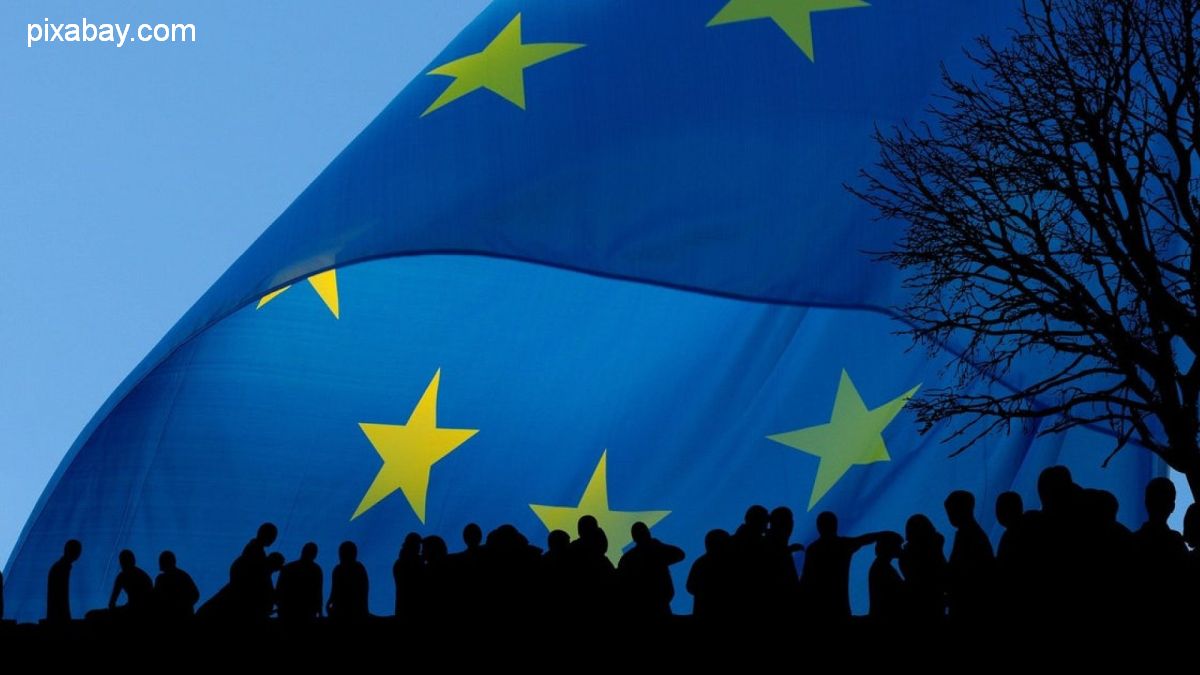Agreement on the European Media Freedom Act
The Council and the European Parliament have green-lighted the final version of the European Media Freedom Act

Mihaela Ignătescu, 28.03.2024, 13:50
The future media freedom act will oblige, for the first time, the member countries to guarantee the editorial independence of the public media, through sustainable and predictable funding, against the background of concerns about politicization. The document establishes a general legislative framework valid for all member states, which national legislations must observe. The new rules will also guarantee the right of citizens to have access to various information.
The first obligation of the member states is to ensure the independence of the national regulatory authorities in the field of mass media, those that can interfere with the activity of journalists. The law also stipulates the obligation of media companies to make their shareholders visible, so that the public and the rest of the media companies know who the financier is and whether there could be a connection between the editorial policy and certain interests. On the other hand, public media service providers will have to be financed through transparent and objective procedures, and the allocated funds should be sustainable and predictable.
Media service providers will also have the obligation to inform the public about the funds received as state advertising and about state financial aid, including from countries outside the Union. A point that is of the essence of the job is that journalists are not obliged by any authority or institution to disclose the identity of a source that is the basis of the published information, including by means such holding them in detention, applying sanctions, searching their offices or installing intrusive surveillance software on their electronic devices.
The European Parliament has added significant safeguards for the situations in which spyware can be used. Their authorization will be made on a case-by-case basis by a judicial authority for the purpose of investigating serious crimes liable to custodial sentences. Even in such situations, the targeted individuals will have the right to be informed after the surveillance has begun and will be able to challenge it in court.
Last but not least, MEPs envisioned a mechanism that would prevent very large online platforms, such as Facebook, X (formerly Twitter) or Instagram, from arbitrarily restricting or removing independent media content. German Sabine Verheyen (EPP) mentioned that media freedom is under threat worldwide, including in Europe, and evoked the assassinations of journalists in Malta and Slovakia, as well as threats to the freedom of the press in Hungary. The law, she stressed, is our response to this threat, it protects the media’s dual role as industry and guardian of democracy.
The Rapporteur for the Committee on Civil Liberties, the Romanian Ramona Strugariu (Renew), has stated that the new regulations are a response to those who want to turn the mass media into their own propaganda tools or spread fake news and destabilize our democracies.






























